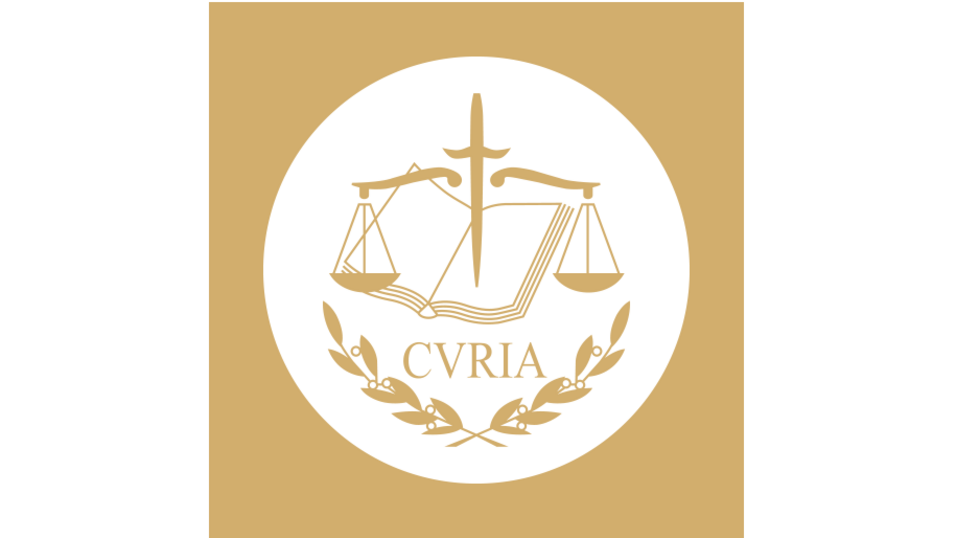Union fédérale des consommateurs – Que choisir (UFC – Que choisir),Consommation, logement et cadre de vie (CLCV) v Premier ministre, Ministre de l’Économie, des Finances et de la Relance (Case C 407/21) was a request for a preliminary ruling by the Conseil d’État on the adoption of national measures providing for temporary derogations from consumer legislation governing package travel contracts during the COVID‑19 crisis. The contested measures allowed, inter alia, travel package organisers to issue travellers with vouchers instead of a refund as a means of managing their immediate liquidity issues. In para 81 of the opinion, Medina states:
The second feature is absence of any advantage offered to travellers in order to counterbalance the severe interference with their right to a refund. Indeed, the voucher scheme established by the contested order forced travellers to bear the risk of the impact of the pandemic on the travel contract with no measure to counterbalance that risk. In that regard, I find particularly relevant one of the principles drafted by the European Law Institute for the COVID 19 crisis related to ‘Force Majeure and Hardship’ and worded as follows: ‘In conformity with the principle of solidarity, States should ensure that the consequences of the disruption of contractual relationships, such as the cancellation of travel arrangements, should not be at the sole risk of one party, in particular of a consumer or SME.’
On the basis of the analysis set out, Advocate General Medina proposed that the Court conclude, among other things, that in the event of termination of a package travel contract, the organiser is obliged to provide a refund in cash of any payments made and is precluded from imposing an alternative, in particular in the form of a voucher for an amount equal to the amount of any payments made. However, that provision should not prevent the traveller from opting to receive such a voucher after the event giving rise to the right to a refund occurs.
Read more about the above here.

